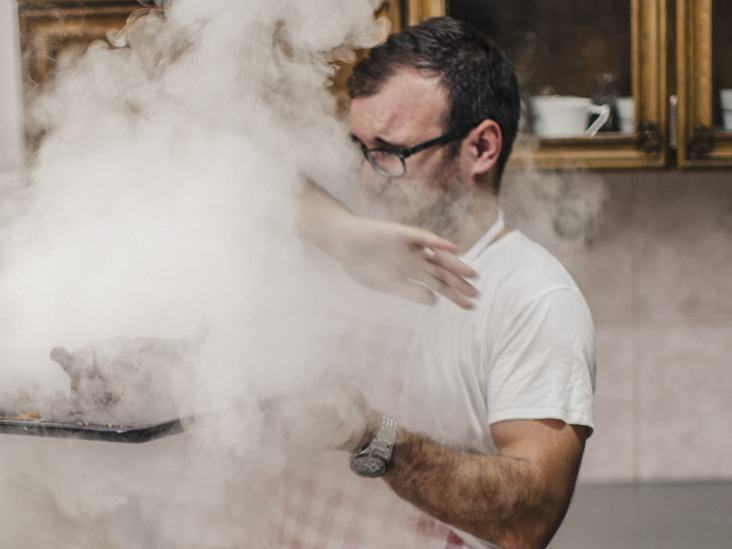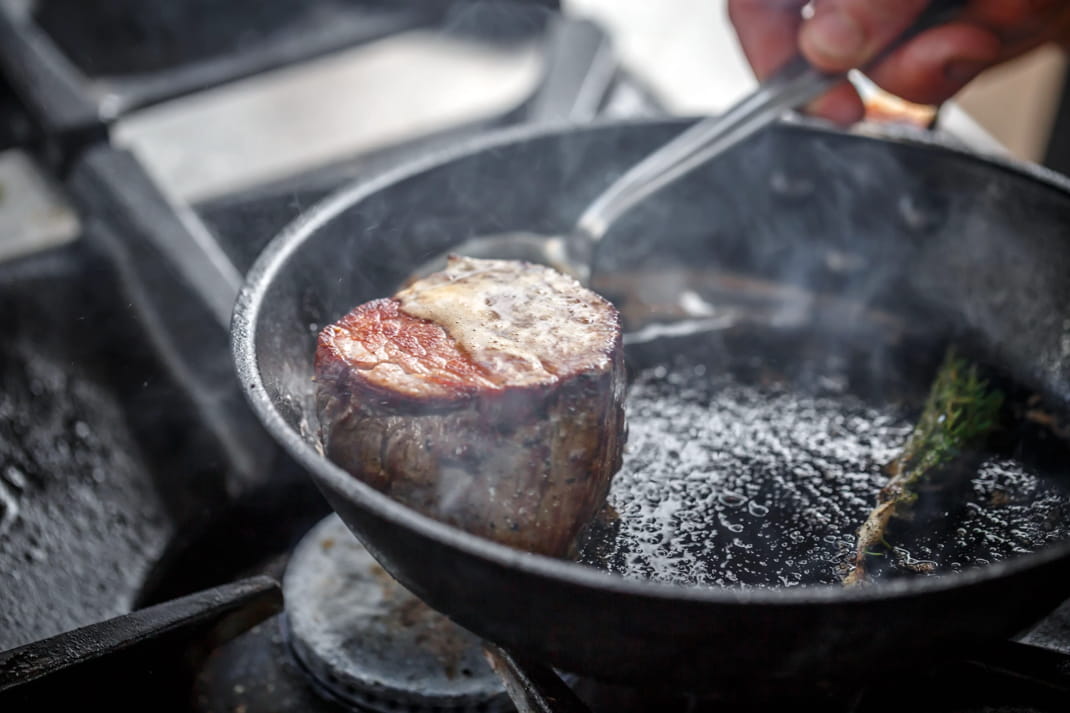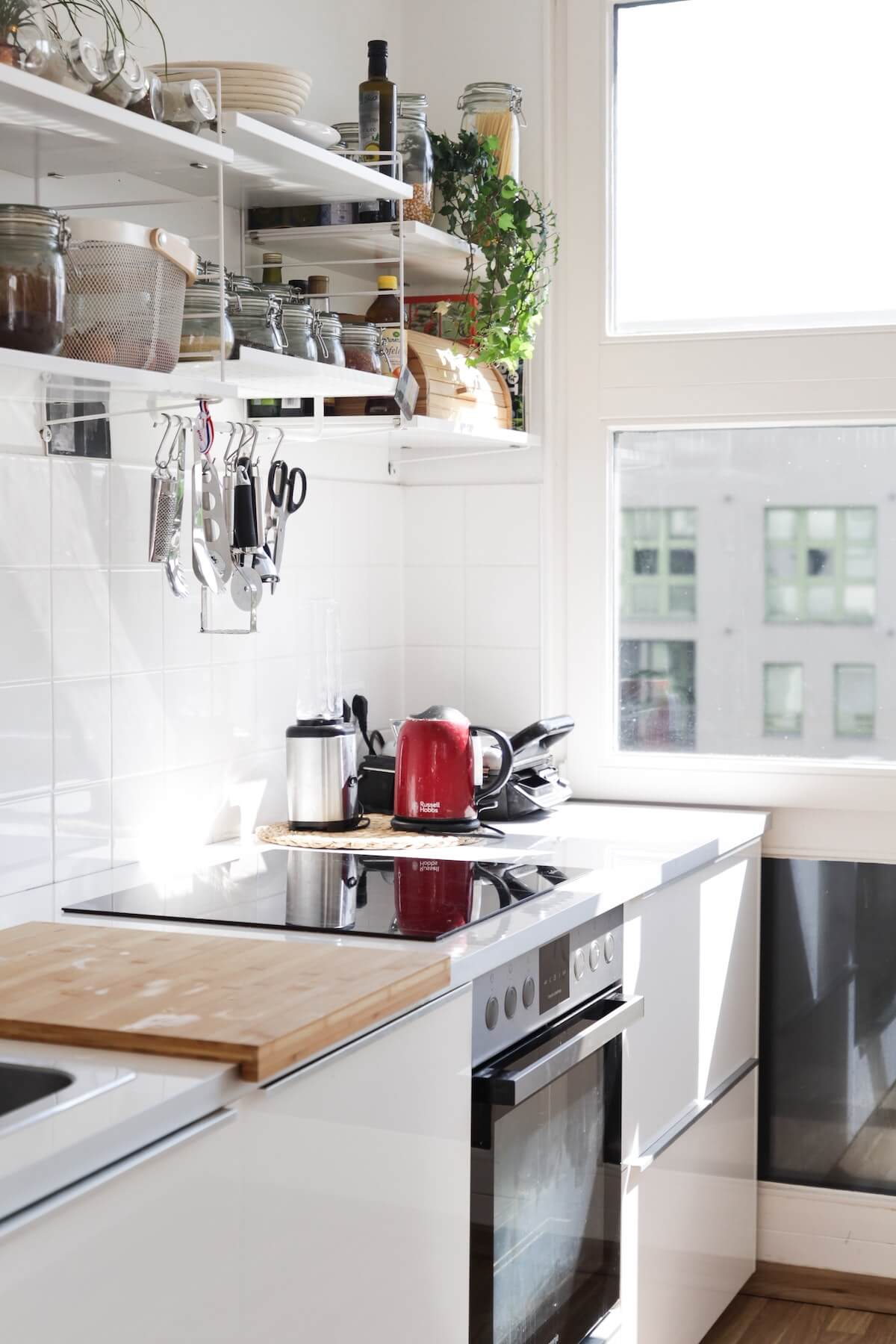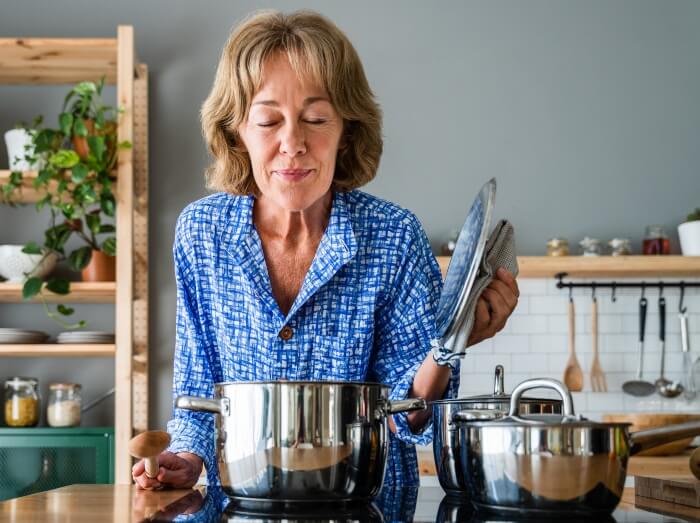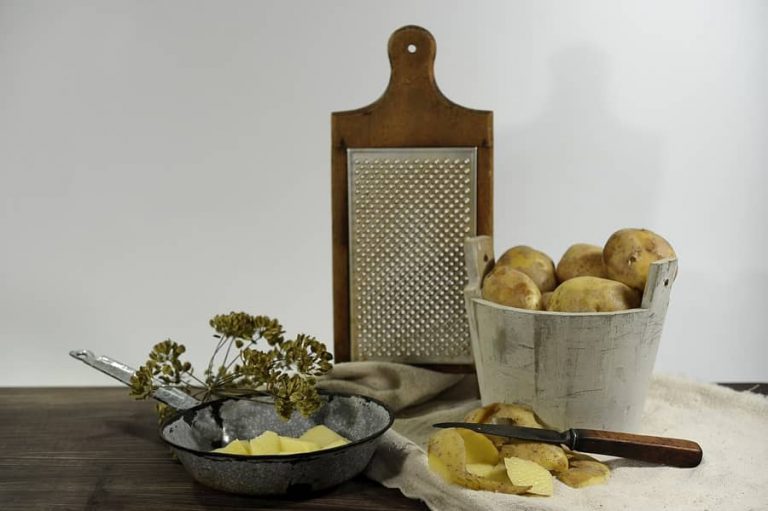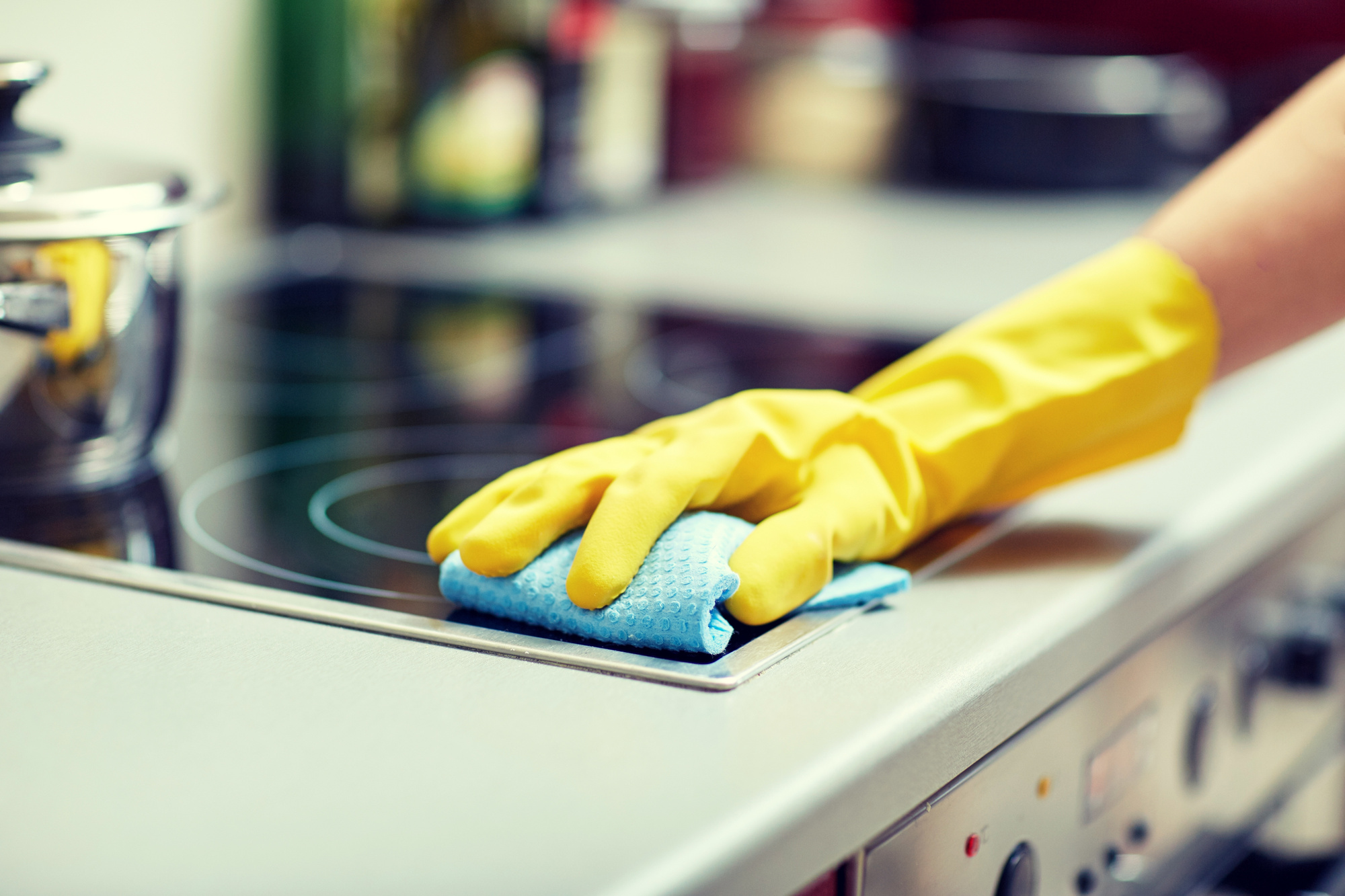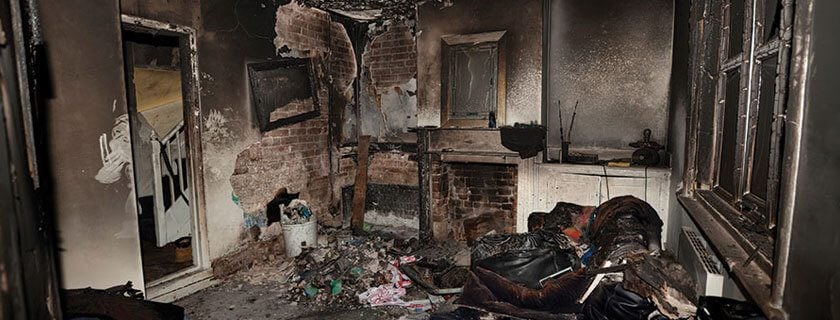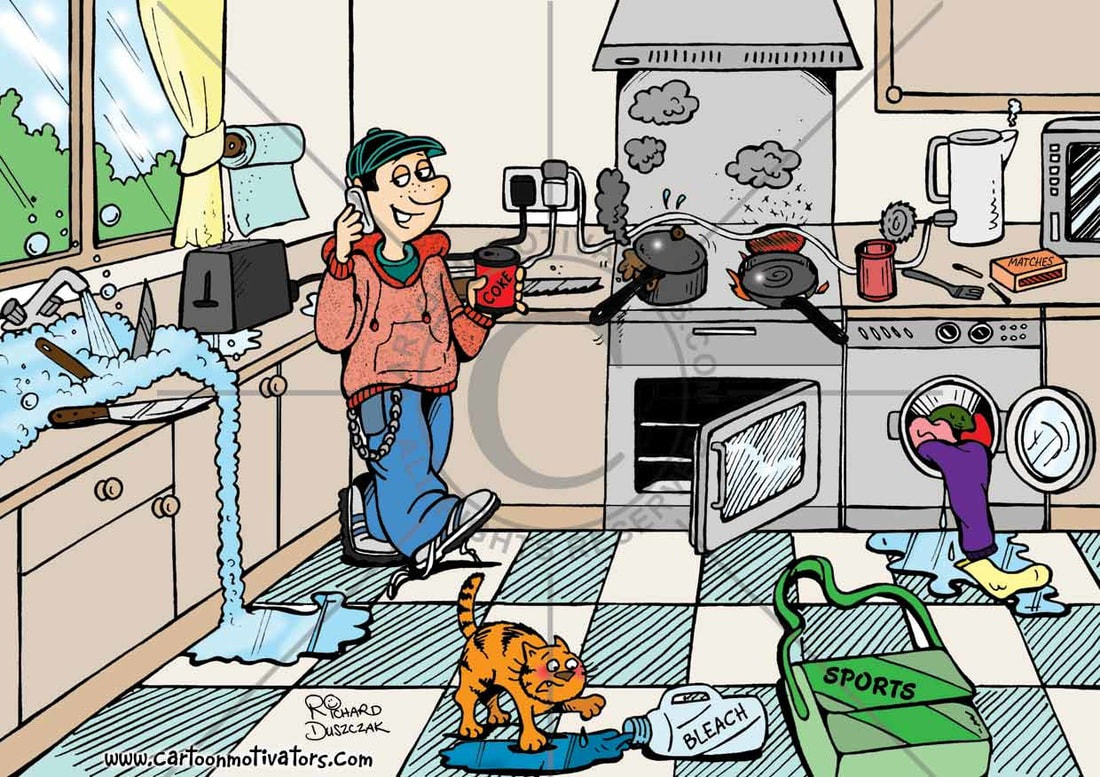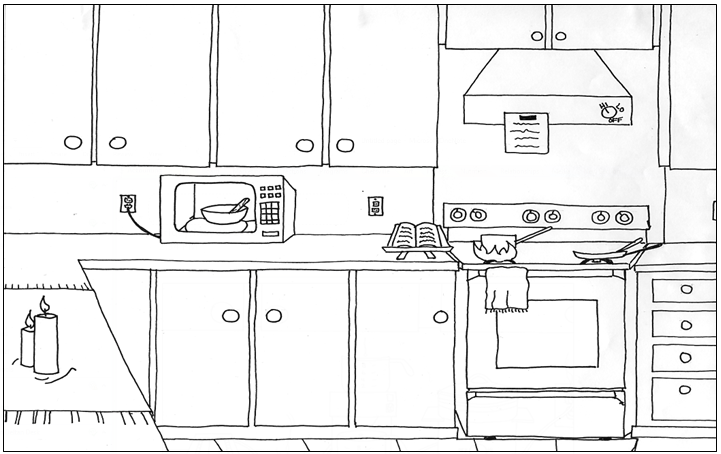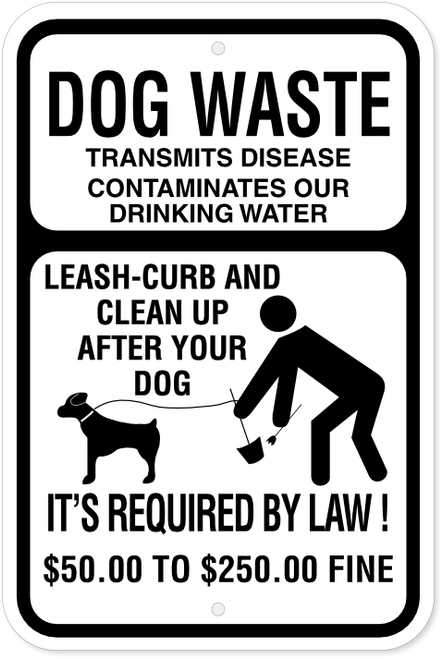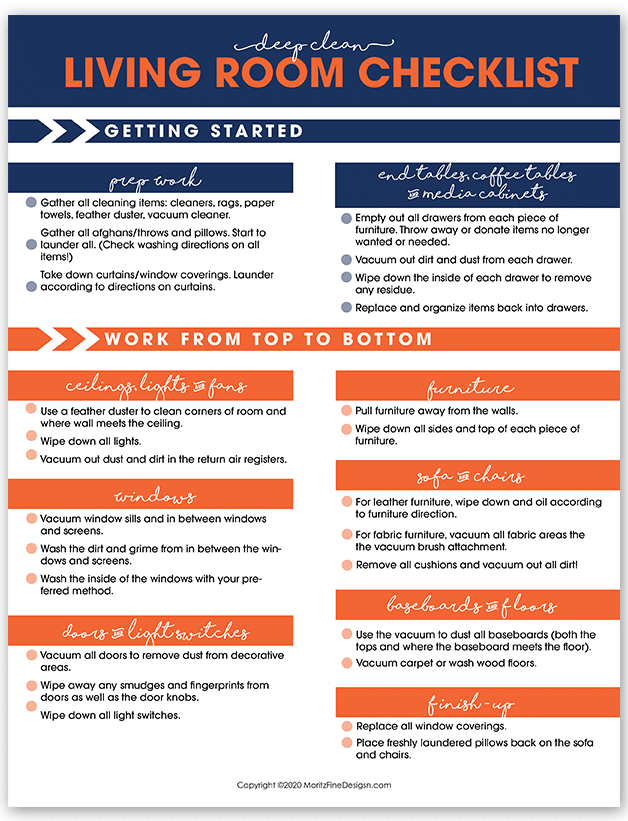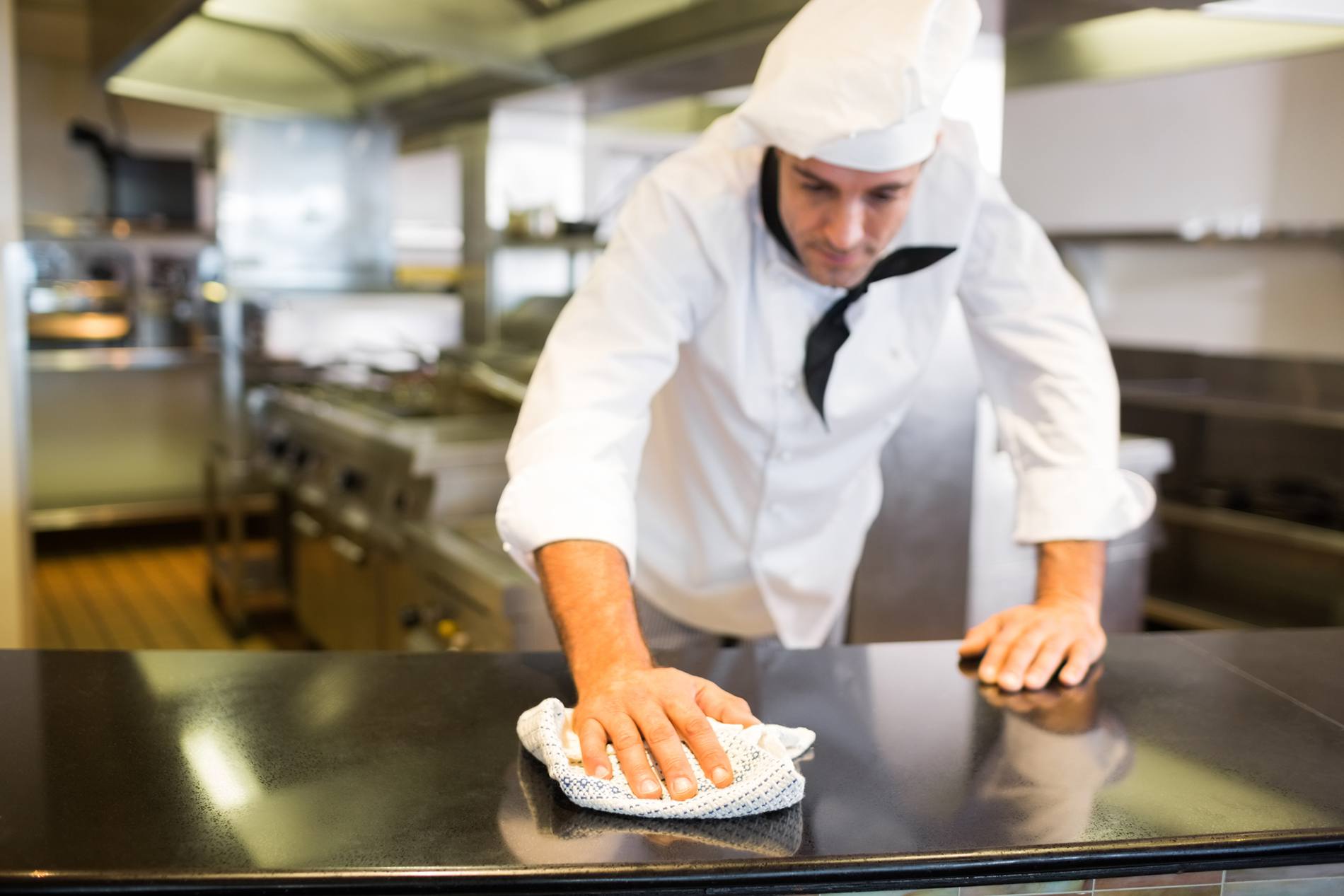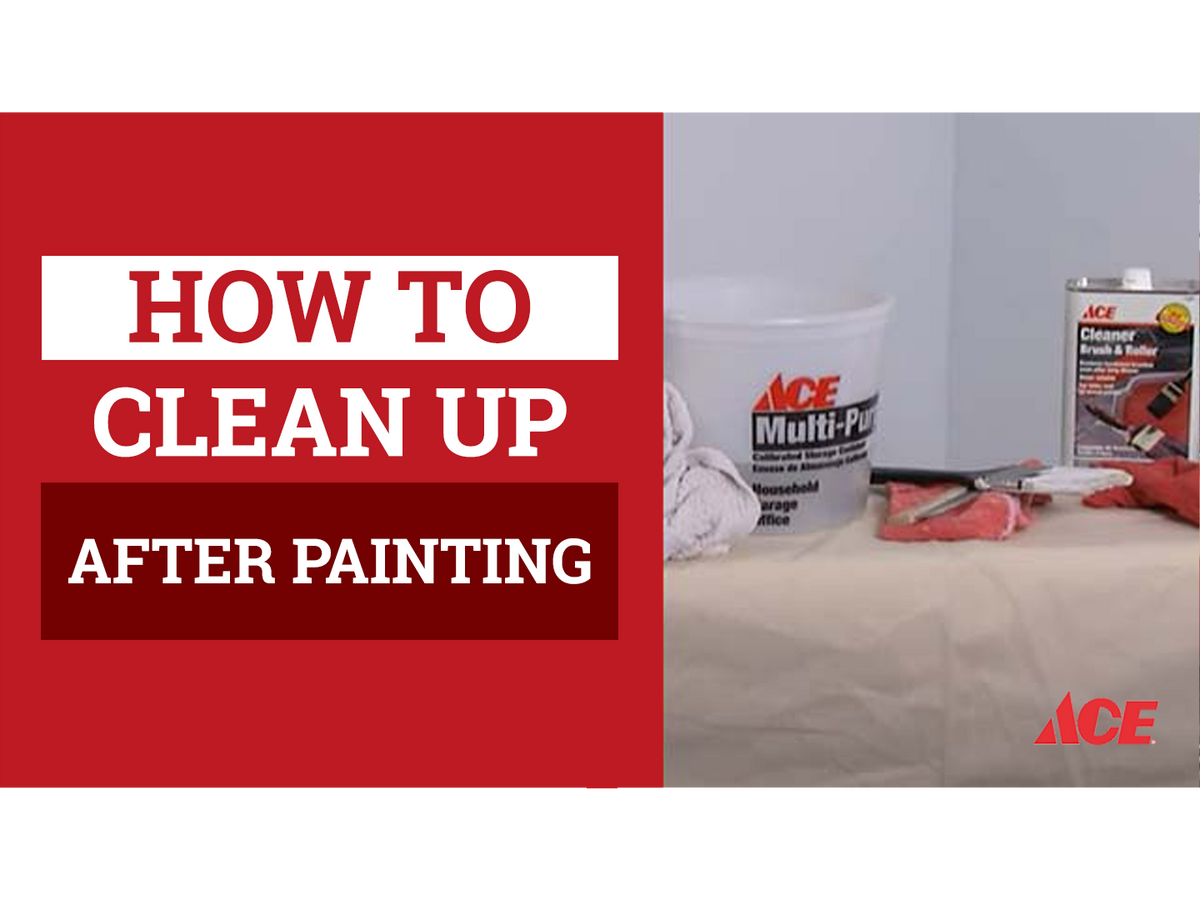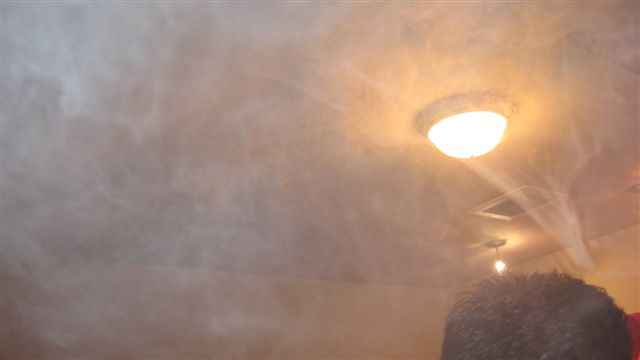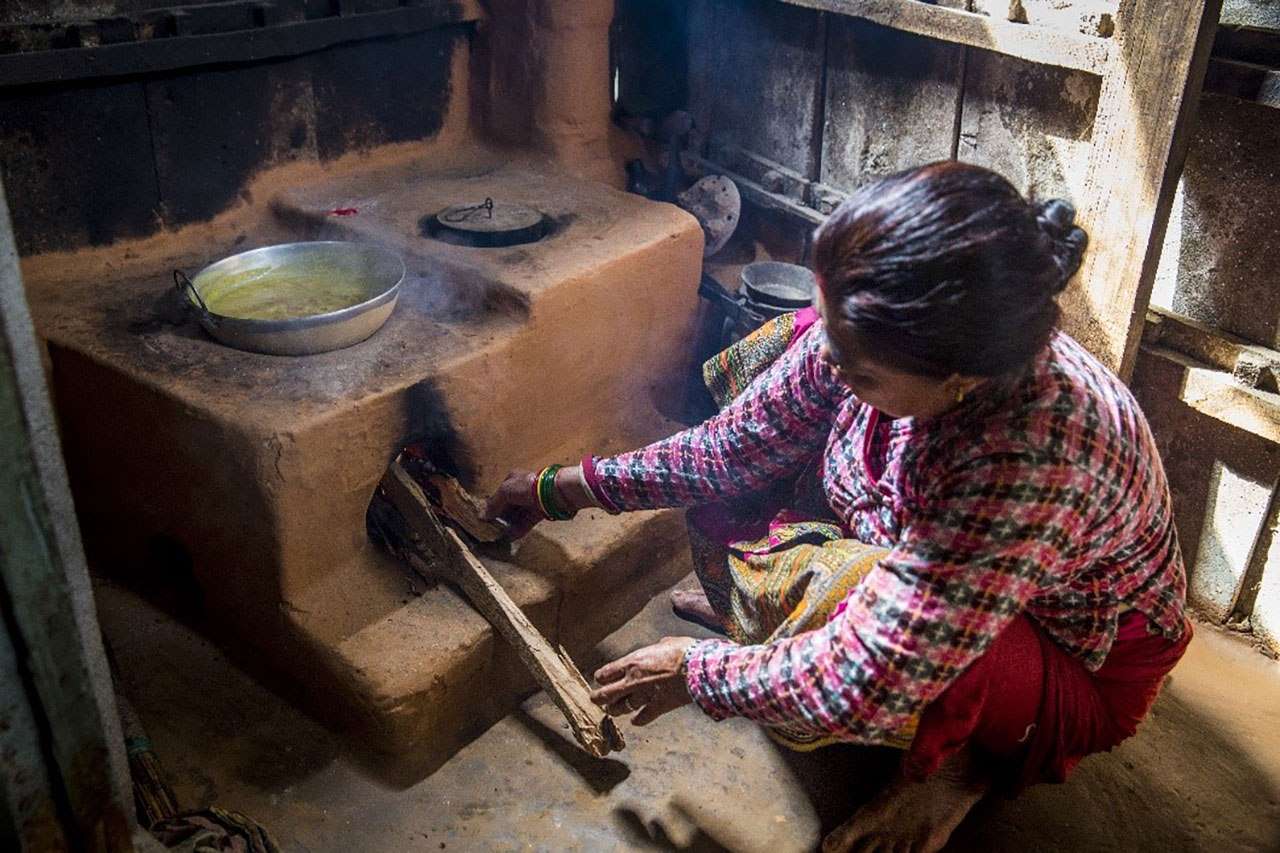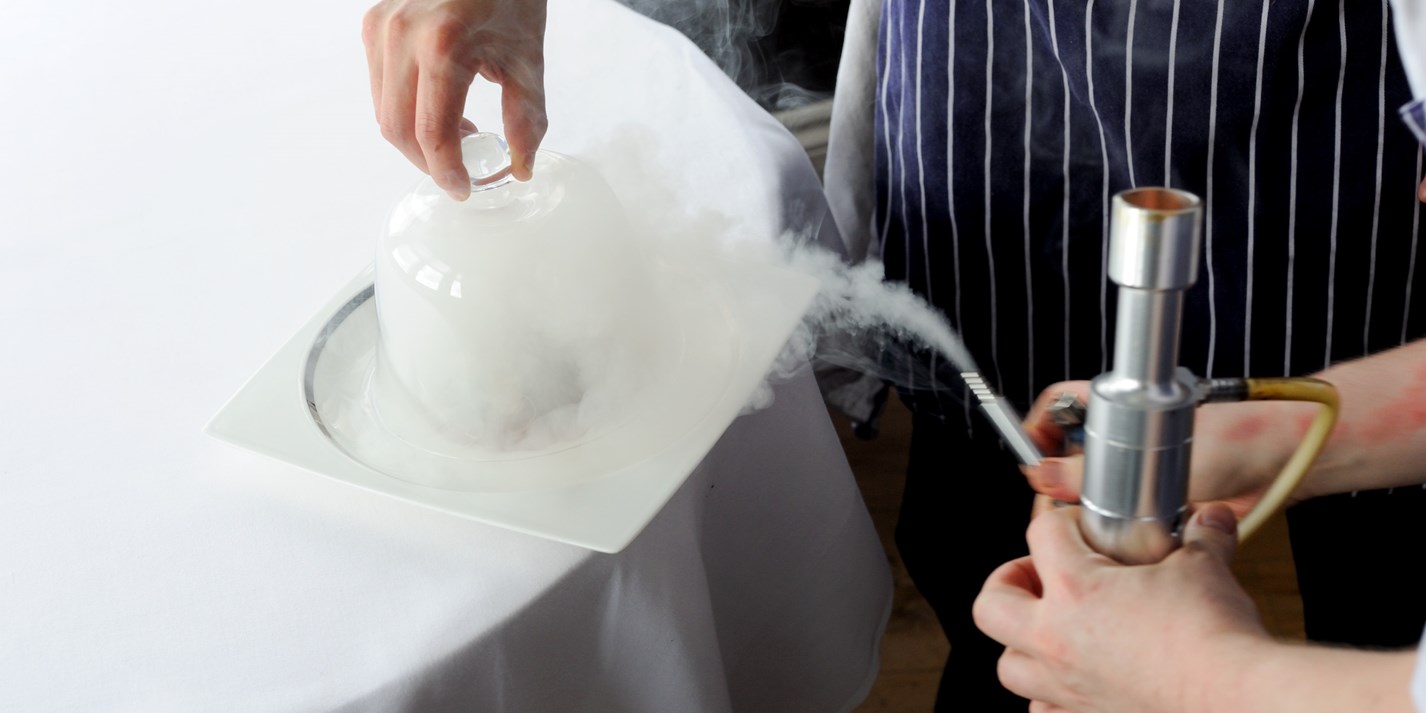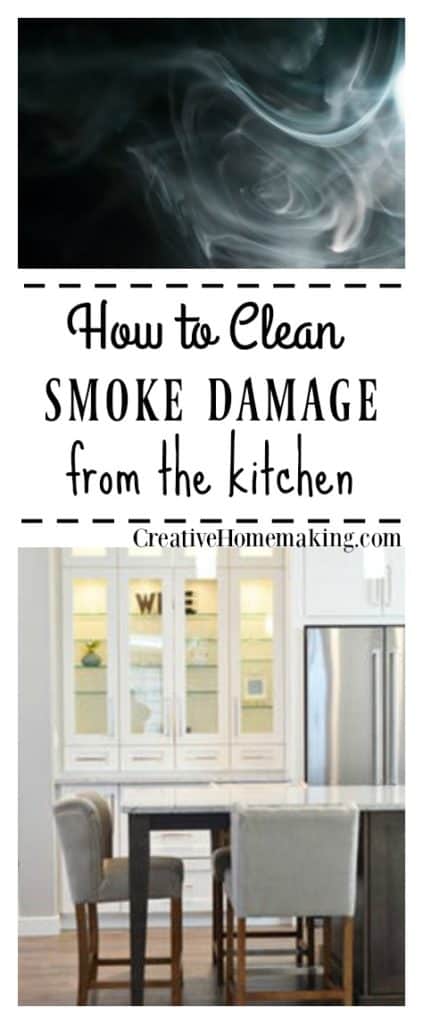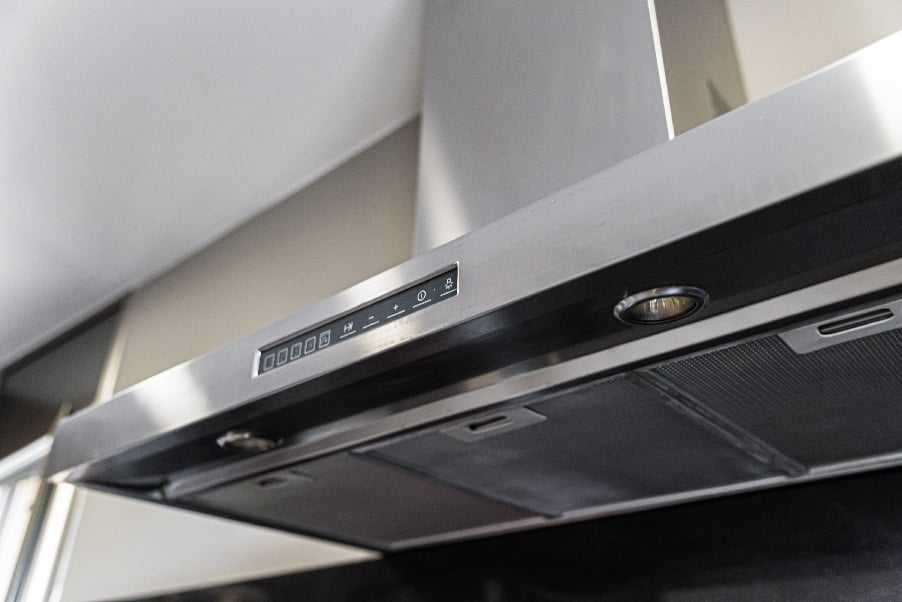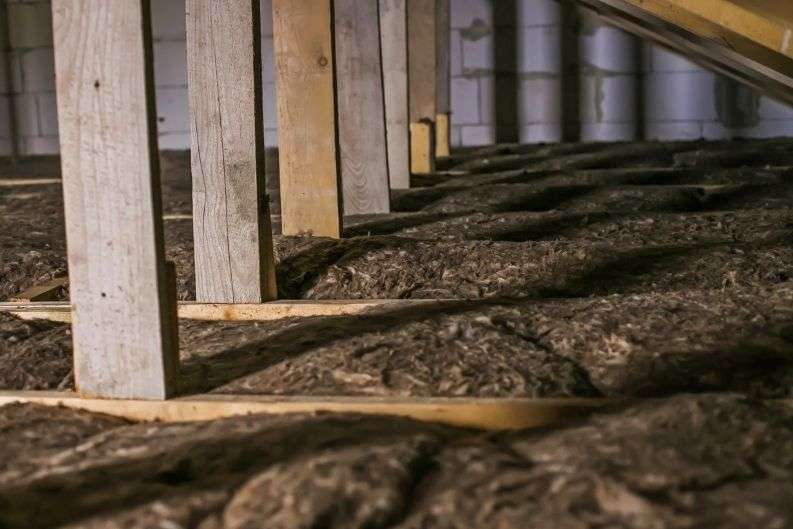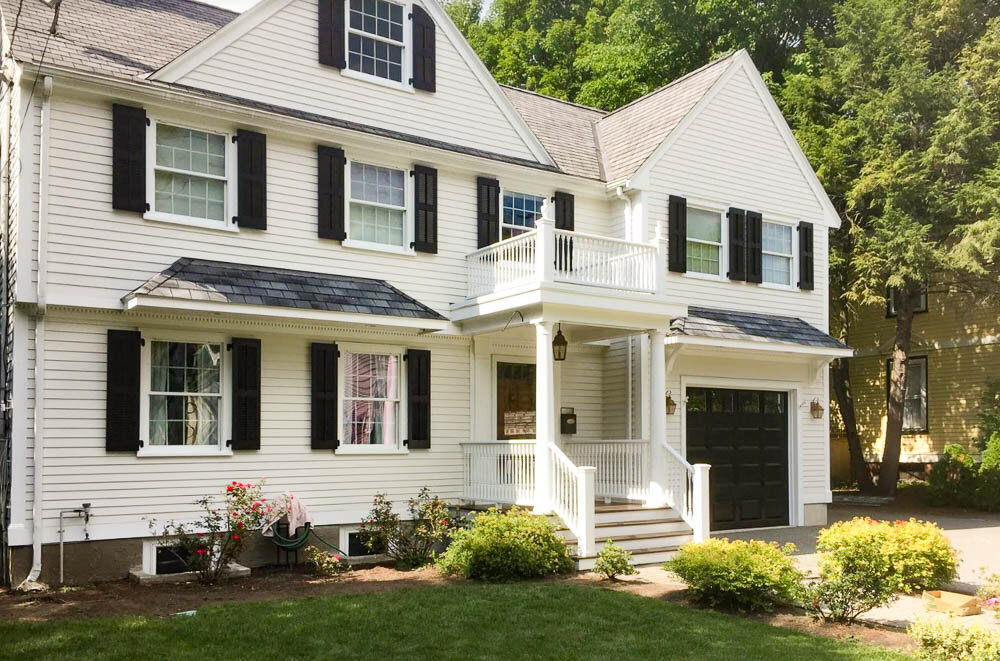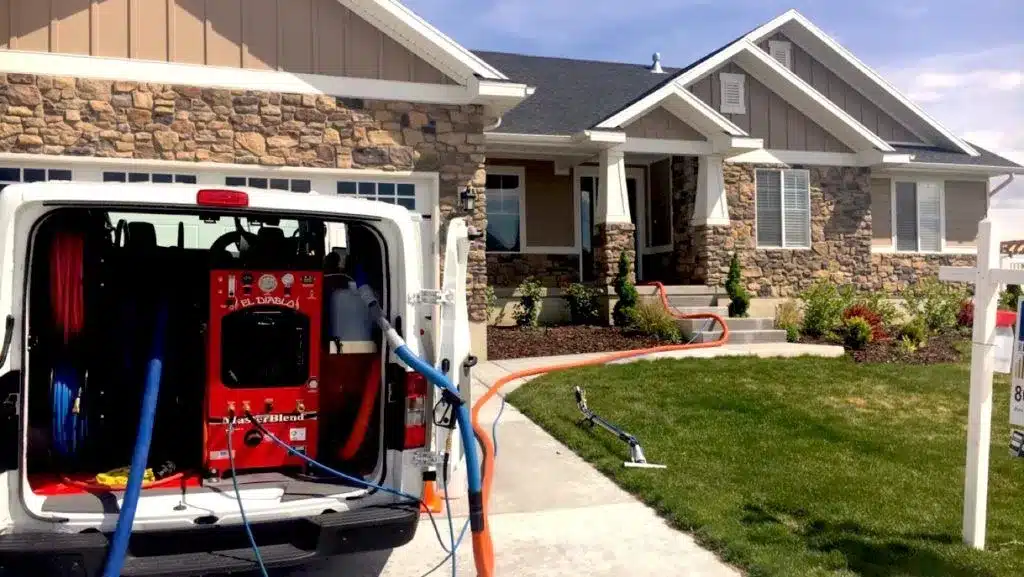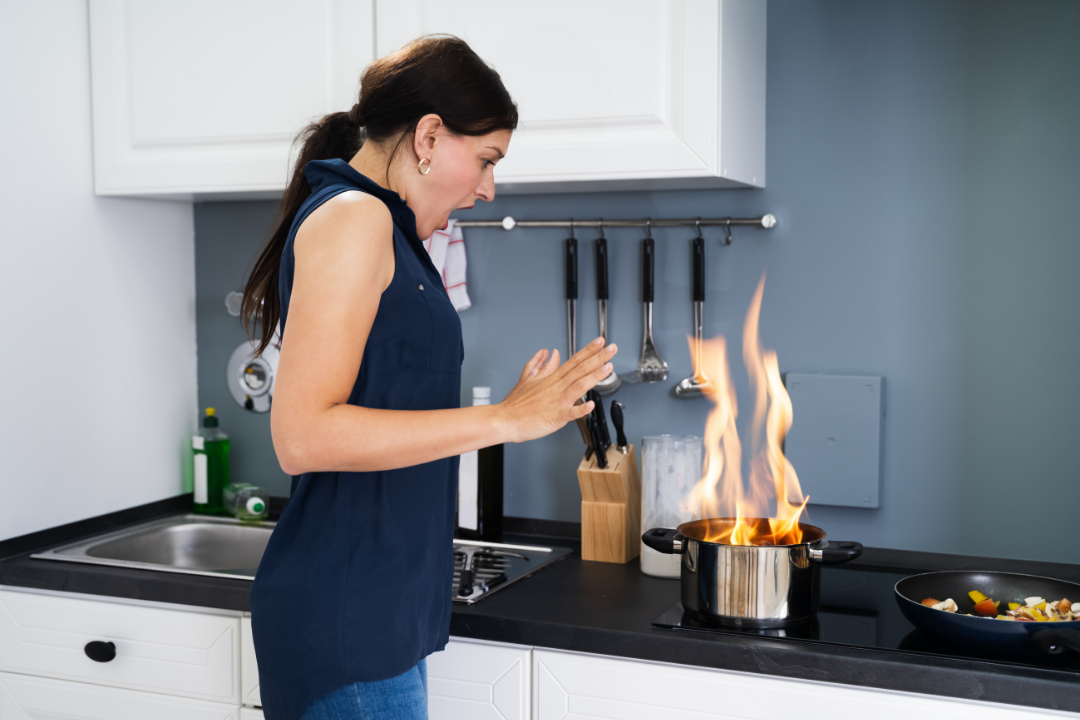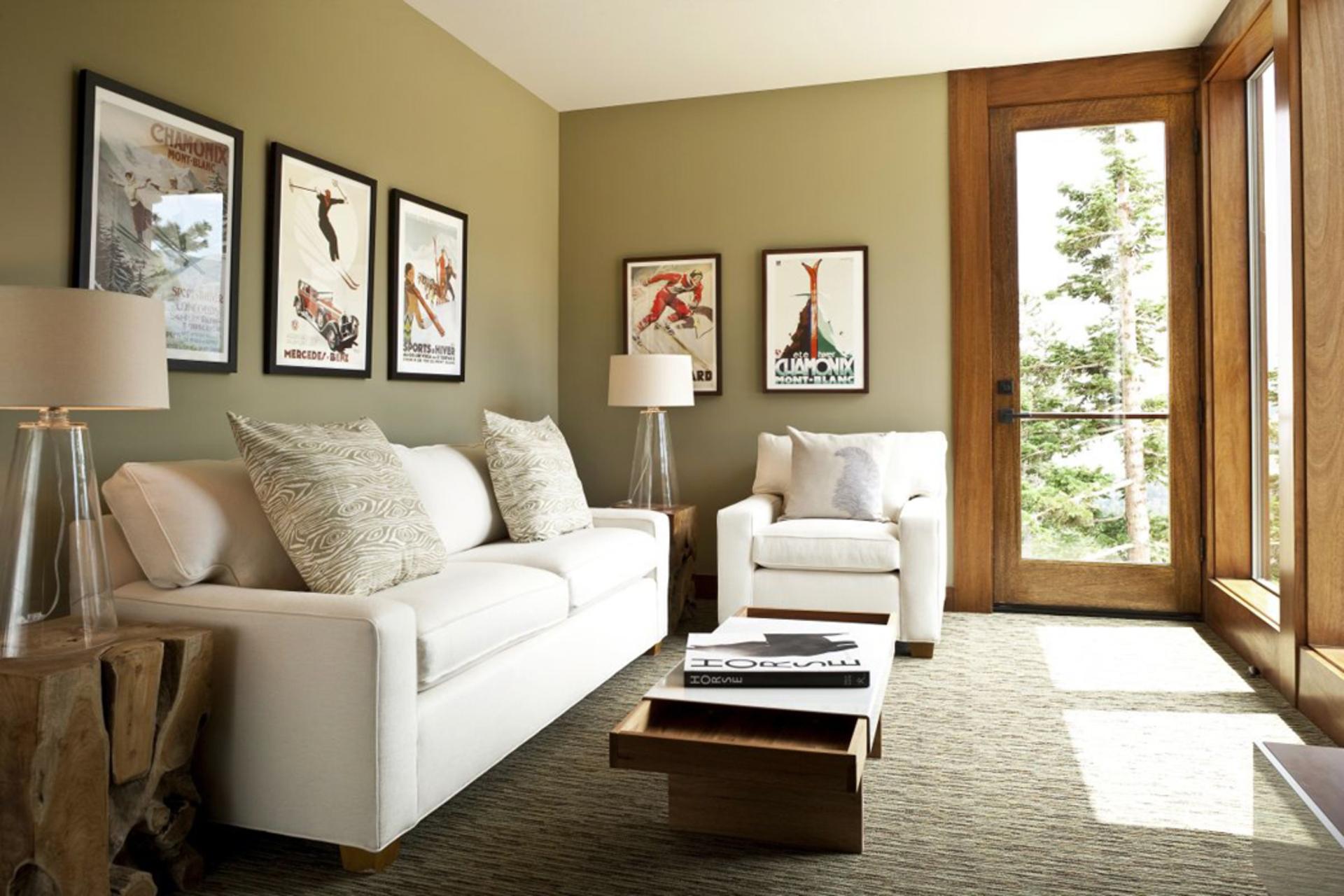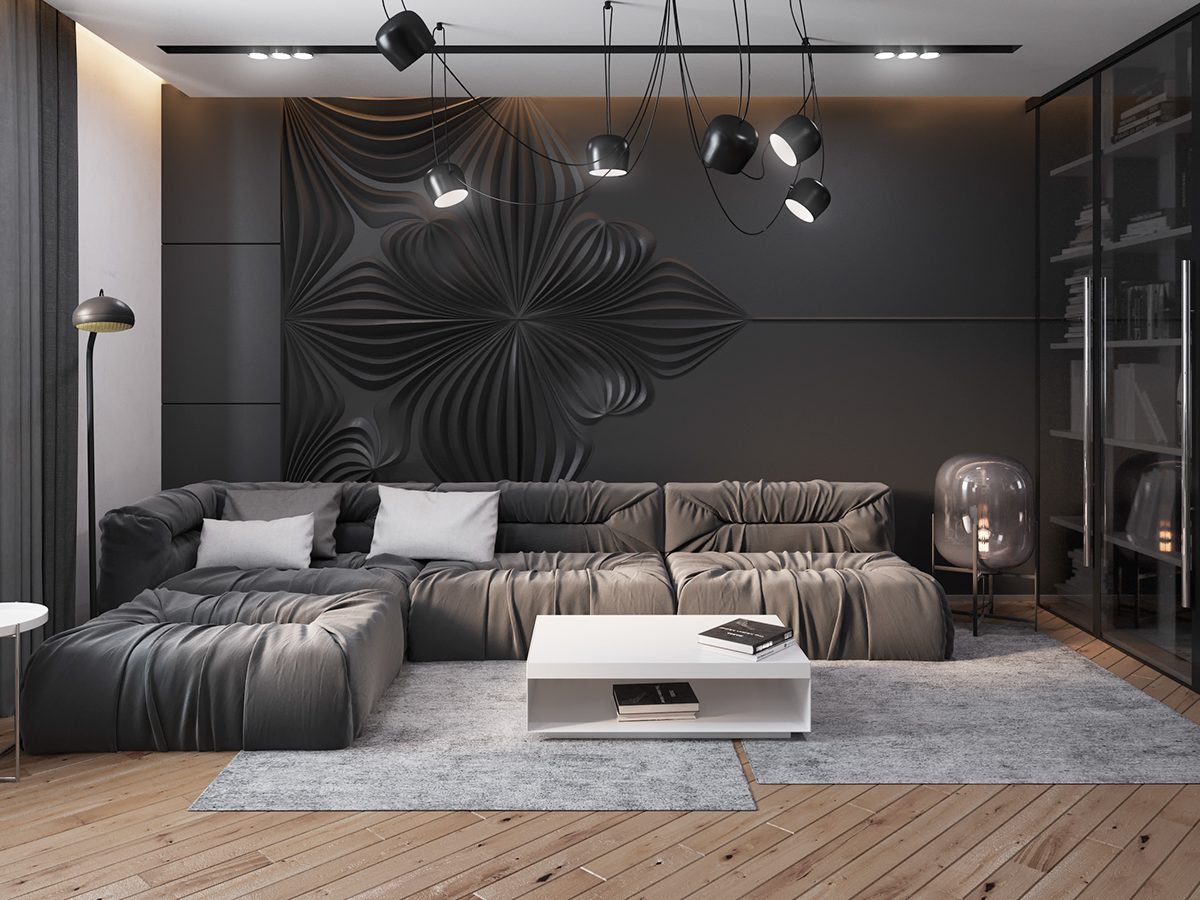Cooking Smoke: Causes, Effects, and Solutions
Cooking is a daily necessity for most of us, but the side effects of this everyday task can often go unnoticed. One of the most common problems in households is cooking smoke, and it can have a major impact on the living room. In this article, we'll explore the causes, effects, and solutions of cooking smoke in your living room.
How to Get Rid of Cooking Smells in Your Living Room
After cooking a delicious meal, the last thing you want is for the smell to linger in your living room. The best way to get rid of cooking smells is to properly ventilate the kitchen while cooking. You can also try using natural remedies like boiling vinegar or simmering spices to absorb any lingering odors. Additionally, using air purifiers and scented candles can help freshen up the air in your living room.
Tips for Preventing Cooking Smoke Damage in Your Living Room
Prevention is key when it comes to cooking smoke damage. One of the main causes of cooking smoke is using the wrong oil or cooking on high heat. To avoid this, make sure to use oils with a high smoke point and adjust the heat accordingly. Regularly cleaning the stove and oven can also prevent smoke buildup. Lastly, make sure to use the kitchen exhaust fan and open windows to properly ventilate the kitchen.
The Dangers of Cooking Smoke in Your Home
Cooking smoke may seem like a minor inconvenience, but it can actually pose serious health hazards. Inhaling cooking smoke can irritate the eyes, nose, and throat, and can also aggravate respiratory conditions like asthma. Long term exposure to cooking smoke can also increase the risk of lung cancer. It's important to address cooking smoke in your living room to maintain a safe and healthy home environment.
How to Clean Up After a Cooking Smoke Disaster in Your Living Room
Sometimes, despite our best efforts, accidents happen and cooking smoke can quickly fill up the living room. In such cases, it's important to act quickly to minimize damage. Open windows and turn on fans to ventilate the room. Use a mixture of water and vinegar to wipe down any surfaces and walls affected by the smoke. Additionally, using air purifiers can help remove any remaining smoke particles in the air.
Protecting Your Living Room from Cooking Smoke
The living room is often the heart of the home, and no one wants it to be ruined by cooking smoke. One way to protect your living room is to invest in a good quality range hood for your kitchen. This will help remove cooking smoke and odors directly from the source. You can also try cooking in a different area of the house, such as a backyard grill, to prevent smoke from entering the living room.
Cooking Smoke: A Common Culprit for Ruined Living Rooms
It's no surprise that cooking smoke is a common culprit for ruined living rooms. The smoke can leave a greasy film on walls, furniture, and appliances, making the living room look dirty and unkempt. It can also leave a lingering smell that can be hard to get rid of. By taking preventative measures and addressing any smoke disasters promptly, you can avoid having a ruined living room.
How to Properly Ventilate Your Kitchen to Avoid Cooking Smoke Damage
Proper ventilation is key to avoiding cooking smoke damage in your living room. Make sure to use the kitchen exhaust fan while cooking and open any nearby windows to allow for proper air flow. If your kitchen doesn't have a range hood, consider investing in a portable air purifier to help remove smoke particles from the air. It's also important to regularly clean the exhaust fan and replace the filters to ensure it is functioning properly.
Living Room Makeover: How to Remove Lingering Cooking Smoke Odors
If your living room has been affected by cooking smoke, it's important to address any lingering odors. The first step is to properly ventilate the room by opening windows and using fans. You can also try using natural odor absorbers like baking soda or activated charcoal. Additionally, using scented candles or essential oils can help mask any remaining cooking smells.
The Importance of Properly Maintaining Your Kitchen to Avoid Cooking Smoke Damage
Regular maintenance of your kitchen can help prevent cooking smoke damage in your living room. This includes cleaning the stove and oven regularly, using the proper cooking oils, and making sure the kitchen exhaust fan is functioning properly. It's also important to regularly check for any leaks or cracks in the kitchen that may be contributing to smoke buildup. By taking these steps, you can ensure a clean and healthy living room free from cooking smoke damage.
The Dangers of Cooking Smoke in Your Living Room

A Common but Harmful Household Problem
 When it comes to designing our homes, we often focus on creating a comfortable and visually appealing space. We carefully choose furniture, lighting, and decor to reflect our personal style and create a welcoming atmosphere. However, there is one aspect of house design that often goes overlooked – the impact of
cooking smoke
on our living rooms.
For many households, the kitchen and living room are connected, making it easy for cooking smoke to spread throughout the entire living space. The smell of burnt oil or food can linger for hours, and even worse, the smoke can be harmful to our health. According to the World Health Organization,
indoor air pollution
is responsible for over 4 million deaths annually, with cooking smoke being a major contributor.
When it comes to designing our homes, we often focus on creating a comfortable and visually appealing space. We carefully choose furniture, lighting, and decor to reflect our personal style and create a welcoming atmosphere. However, there is one aspect of house design that often goes overlooked – the impact of
cooking smoke
on our living rooms.
For many households, the kitchen and living room are connected, making it easy for cooking smoke to spread throughout the entire living space. The smell of burnt oil or food can linger for hours, and even worse, the smoke can be harmful to our health. According to the World Health Organization,
indoor air pollution
is responsible for over 4 million deaths annually, with cooking smoke being a major contributor.
The Health Risks of Cooking Smoke
 Exposure to cooking smoke can have both short-term and long-term health effects. In the short-term, it can cause irritation to the eyes, nose, and throat, leading to coughing, wheezing, and difficulty breathing. For those with asthma or other respiratory conditions, cooking smoke can trigger attacks and worsen symptoms.
In the long-term, continuous exposure to cooking smoke can increase the risk of developing respiratory diseases such as chronic bronchitis and lung cancer. It can also lead to cardiovascular diseases, as the fine particles in the smoke can enter our bloodstream and cause inflammation in our arteries.
Exposure to cooking smoke can have both short-term and long-term health effects. In the short-term, it can cause irritation to the eyes, nose, and throat, leading to coughing, wheezing, and difficulty breathing. For those with asthma or other respiratory conditions, cooking smoke can trigger attacks and worsen symptoms.
In the long-term, continuous exposure to cooking smoke can increase the risk of developing respiratory diseases such as chronic bronchitis and lung cancer. It can also lead to cardiovascular diseases, as the fine particles in the smoke can enter our bloodstream and cause inflammation in our arteries.
Protecting Your Living Room and Your Health
 Fortunately, there are ways to prevent cooking smoke from ruining your living room and putting your health at risk. One solution is to invest in a
range hood
, which helps to capture and filter out cooking smoke and odors. Another option is to improve ventilation in your kitchen by opening windows or installing an exhaust fan.
In addition, it's important to be mindful of the type of cooking oil you use. Certain oils, such as vegetable oil, can produce more smoke when heated at high temperatures. Consider using oils with a higher smoke point, such as avocado or coconut oil.
Fortunately, there are ways to prevent cooking smoke from ruining your living room and putting your health at risk. One solution is to invest in a
range hood
, which helps to capture and filter out cooking smoke and odors. Another option is to improve ventilation in your kitchen by opening windows or installing an exhaust fan.
In addition, it's important to be mindful of the type of cooking oil you use. Certain oils, such as vegetable oil, can produce more smoke when heated at high temperatures. Consider using oils with a higher smoke point, such as avocado or coconut oil.
The Importance of Proper House Design
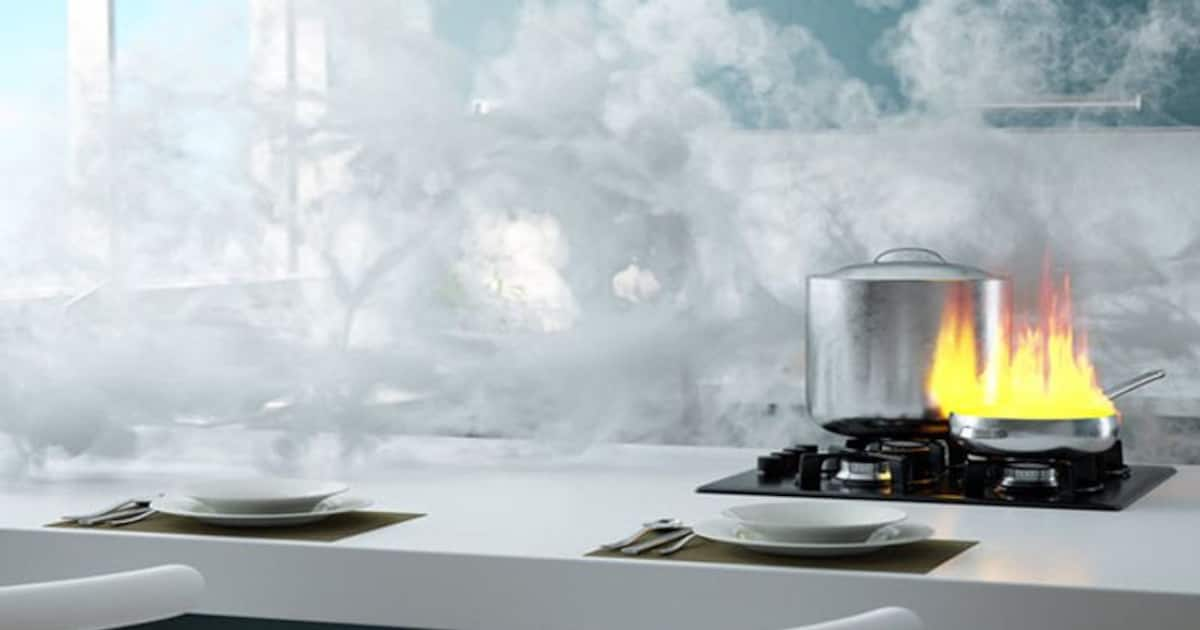 When designing our homes, it's vital to consider not just aesthetics, but also functionality and health. The kitchen, as the heart of the home, should be designed to minimize the spread of cooking smoke to other living areas. This can be achieved through proper ventilation, strategic placement of cooking appliances, and the use of air purifiers.
In conclusion, cooking smoke is a common but harmful household problem that should not be ignored in house design. By taking the necessary steps to prevent and minimize its impact, we can create a healthier and more enjoyable living space for ourselves and our loved ones. Let's prioritize the well-being of our living rooms and our health by addressing the issue of cooking smoke.
When designing our homes, it's vital to consider not just aesthetics, but also functionality and health. The kitchen, as the heart of the home, should be designed to minimize the spread of cooking smoke to other living areas. This can be achieved through proper ventilation, strategic placement of cooking appliances, and the use of air purifiers.
In conclusion, cooking smoke is a common but harmful household problem that should not be ignored in house design. By taking the necessary steps to prevent and minimize its impact, we can create a healthier and more enjoyable living space for ourselves and our loved ones. Let's prioritize the well-being of our living rooms and our health by addressing the issue of cooking smoke.

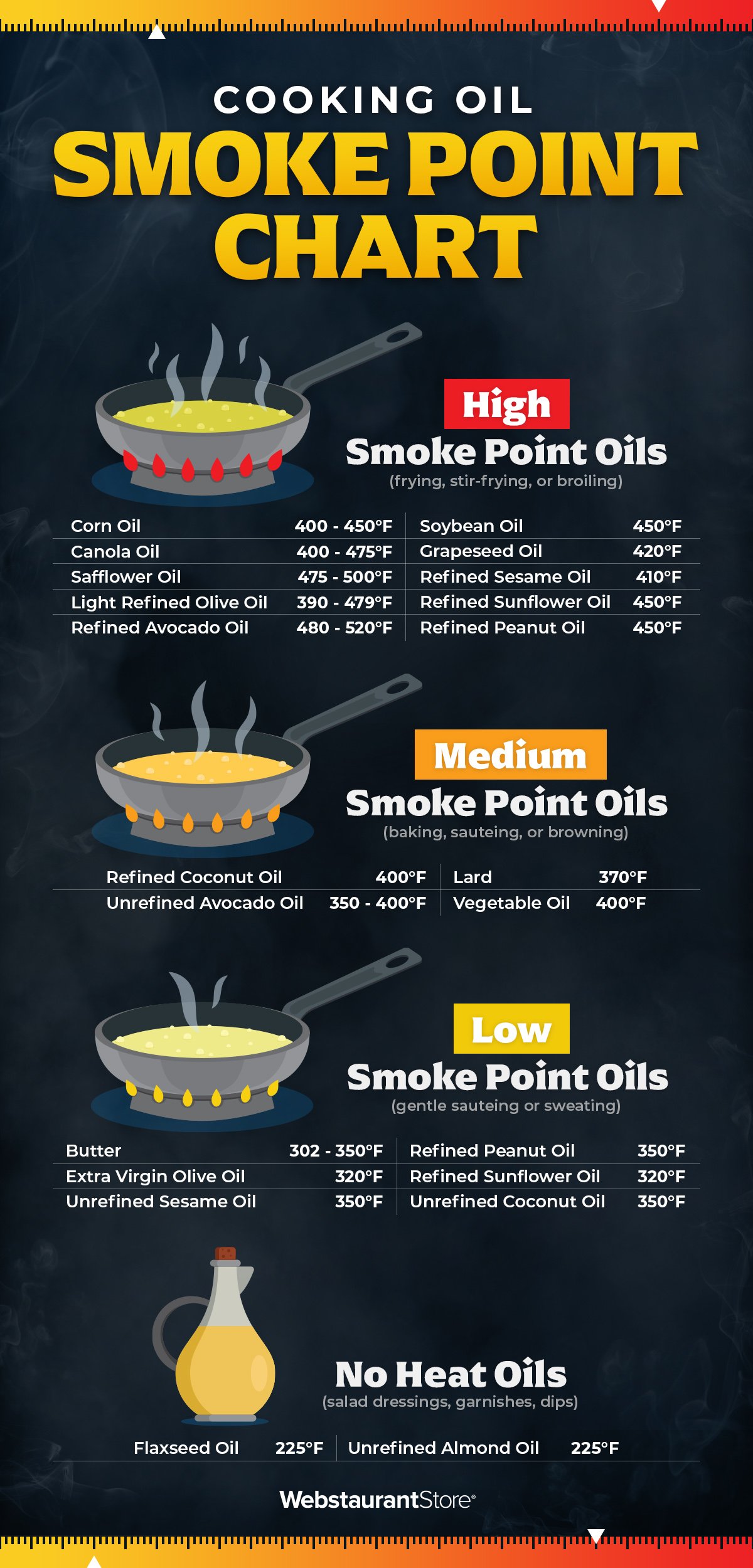


.jpg)
